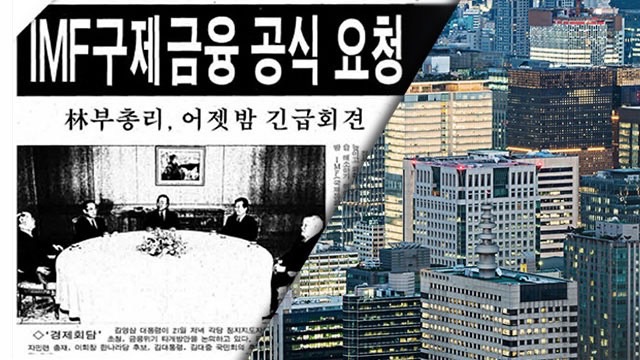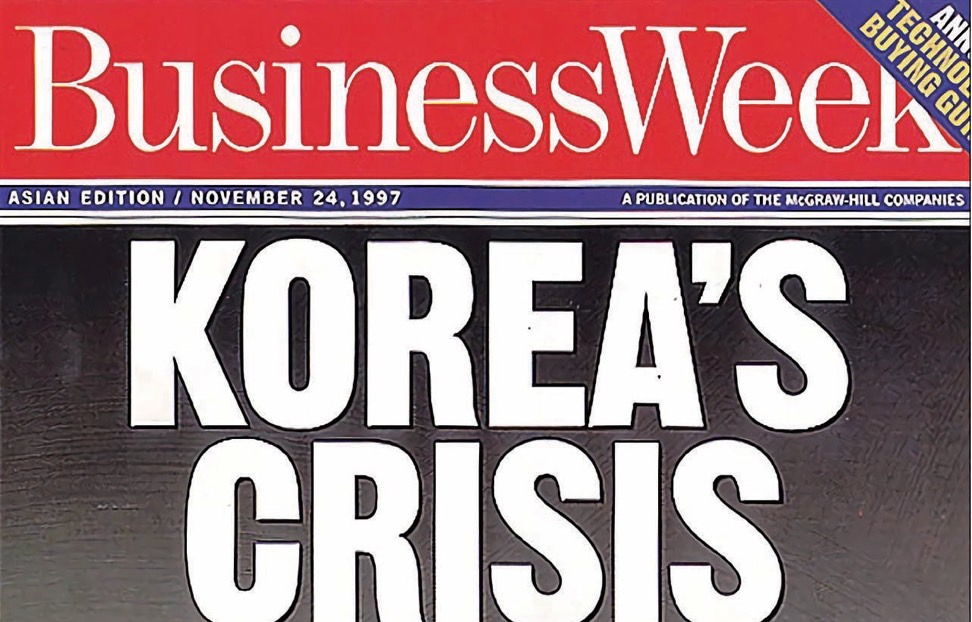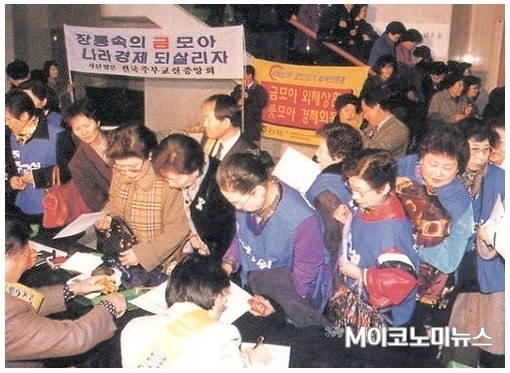Background of Twenty-Five Twenty-One
Twenty-Five Twenty-One is an ongoing drama that features actors Nam Ju Hyuk and Kim Tae Ri. This drama follows the life of Kim Tae Ri’s Character Na Hui Do and Nam Joo Hyuk’s character Baek Yi-Jin. Na Hui Do is a fencing prodigy who was going through a slump, and because her school’s fencing program was closing down, she started to lose hope. All the people around her kept putting her dream down, saying she was talentless, and it was the period (generation) that was to blame for stealing her dream. But by convincing her mom, she was able to transfer and gain her confidence back, and as a result, she was able to show herself and the people around her that her dream was nothing to laugh at.
Baek Yi-Jin comes from a wealthy family that became bankrupt after the IMF financial crisis in Korea at the time. While he was in high school, he was assumed to have a great future ahead of him, but after his family lost their money, they had to split up to avoid debt collectors. Even after all of this, he works hard to support himself and eventually can follow his dream of becoming a sports reporter. After this, the story not only shows and follows the lives of the two main characters but also shows the lives and love stories of the side characters. One of the exciting parts of the story is that it shows the difference between various generations through Na Hui Do’s mother, Na Hui Do, and Na Hui Do’s daughter. The story starts from Na Hui Do’s point of view and shows her life in the 90s but later switches to the present time from her daughter’s point of view. Her daughter, who is angry with her mother, runs away to her grandmother’s house, the childhood house of Na Hui Do, and while being there, she finds her mother’s diaries. The story of Na Hui Do then continues to be told through the journal.
The main plot of this drama is the love story between the two main characters. Still, I think that the drama has many interesting subplots that show many cultural and societal occurrences of the Republic of Korea in the 90s. Two of the important cultural and societal topics of the drama are the IMF financial crisis and the generational and cultural differences between the older and younger generations.
Before explaining more about how the drama connects with the IMF financial crisis, I would like to explain what the IMF financial crisis was and how it affected the citizens of Korea and what the citizens did to help heal their society.
What is the IMF Financial crisis?

IMF Financial crisis

IMf financial crisis shown on foreign media
In greater detail, the IMF Financial Crisis was experienced by the Korean people in the late 1990s. This crisis happened because of the severe foreign exchange shortage on the brink of default of the Republic of Korea in December 1997. Not only was the foreign exchange shortage a cause for the crisis, but three other problems caused this to happen. One was the unprepared policy shift from regulated foreign currency reserve to free-market competition*. The second is the heavy reliance on short-term borrowings abroad. Liquidity* suffered by local finance companies as a result of asset-liability mismatch. Lastly, hedge fund operators staged concerted attacks against ill-managed Asian countries.
The banking sector was burdened with non-performing loans(bank loans subject to late repayment or are unlikely to be repaid by the borrower) because there was a rush to build great multi-industry companies to compete on the world stage. Many of these businesses were unable to ensure returns and profitability. As a result, these companies absorbed more and more capital investments, and the excess debt led to major failures and takeovers.
*Free-market competition: An economy where Buyers and sellers arrive at prices based only on supply and demand(companies without government intervention and regulation)
*Liquidity: Availability of cash(liquid assets) to a market or company.
During the IMF Crisis: Gold-Collecting Campaign

Gold collecting campaign
Although this was a crisis that caused a big crash in Korean society, a campaign caused the situation to end within one year of its starting. This event was the “Gold-Collecting Campaign.” Korean people’s collective desire to improve their country led this campaign. The Korean people came together and decided to give the gold in their household to the government. This gold held great importance for each family due to most of it being from their child’s first birthday ring or the gold they got on their wedding day. Also, the people gave the gold without any reward, and the Korean people asked for no compensation. This showing that in Korea, when there is a crisis, the people come together and find solutions for their country.
IMF Financial Crisis as shown in Twenty-Five Twenty-One
In the drama, Baek Yi Jin’s family’s company was affected by this financial crisis and had to declare bankruptcy. Like many businesses during this time, their conglomerate had probably taken out too many loans that they could not payback. As a result, Baek Yi Jin and his family hid from the debt collectors that constantly harassed him and his family. In one of the drama scenes, some debt collectors come to Baek Yi Jin’s brother’s High School and beat him, trying to get information on where his father is. Through this scene, you can see how difficult their situation is, and it gives a glimpse into what other families could have gone through during this time. Even after the country’s problems were solved, many families probably continued to struggle.
As viewed through the eyes of Na Hui Do, the drama shows how teenagers, as compared to adults, viewed the financial crisis. The teenagers of the time were thrown into a situation they could do nothing about, but this situation was affecting the quality of their lives and weighed on the choices in life that they made.
Differences between Generations
One of the biggest reasons for this is that this generation didn’t have many choices, whether choosing their path in life or when they got a job what kind of tasks they did. Generation X carried the mindset that whatever work they received, they would not only do the job but would diligently finish it until the end. It didn’t matter if the work they had to do was something they did not want to do. This was the way of life then, and they readily agreed/would do any task given.
Generation X was born between 1965 and 1980, and The M(Millennial) & Z generation was born between 1981 and 2010. In Korea, the generational differences between these two generations are significant because of the financial crisis. The later generation of Generation X and Millennials were around their teens or in their late adolescent years during the IMF financial crisis. This situation caused many young people not to be able to find a job or have to find a different solution to live their lives well. The MZ generation went through the 2008 global financial crisis, again making it hard to find jobs. These different hardships brought many generational differences in understanding one generation hard for the subsequent or prior generations.

Conflict between generations
Shown through the drama are generational differences. Specifically, these differences are shown through the relationship between Na Hui Do and her daughter during present times. Hui Do cannot understand how her daughter would so easily give up her dreams when she fought so hard for them in her generation. On the other hand, Na Hui Do’s daughter grew up in an era that cares more about getting a job and making money and does not understand why her mom wanted her to quit becoming a ballerina so hard. Because of the IMF crisis at the time of Hui Do’s teenage life, being able to do what you wanted was not an easy path because of the country’s lack of money. The financial crisis took many opportunities such as going to college or becoming an athlete from young people do to cancellations of programs, or with the simple fact that they just could not afford time or money.
Written by : Mariah Abdelfattah
From Southern California, United States. Currently a senior B.A Candidate in Korean Language Flagship at the University of Hawaii Mānoa. Attending Korea University as an exchange student and a Intern at VANK(Voluntary Agency Network of Korea).
